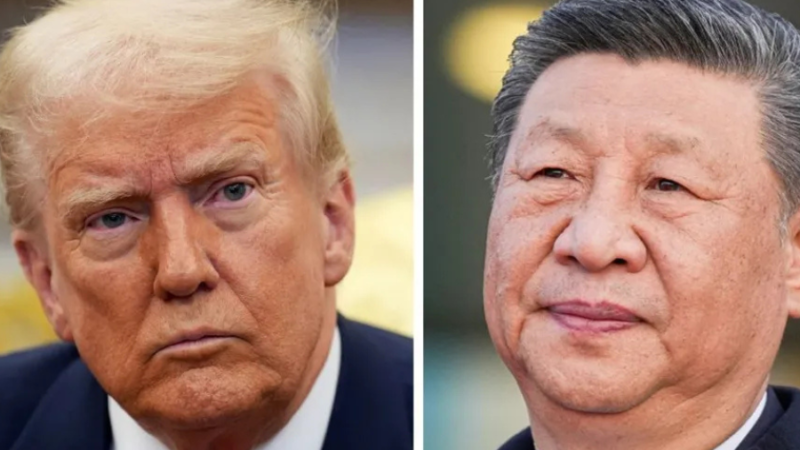Japan Raises Borrowing Costs for the First Time in 17 Years

Japan’s central bank, the Bank of Japan (BOJ), has implemented its first increase in borrowing costs in nearly two decades, marking a significant shift in monetary policy.
The BOJ raised its key interest rate from -0.1% to a range of 0% to 0.1%, citing a surge in wages following a rise in consumer prices as the driving force behind the decision.
In a departure from its previous strategy, the BOJ abandoned its yield curve control (YCC) policy, which involved purchasing Japanese government bonds to regulate interest rates. This move was motivated by concerns that the policy was distorting markets by artificially suppressing long-term interest rates.
Despite the decision to raise rates, the BOJ reaffirmed its commitment to maintaining accommodative financial conditions, indicating that further rate hikes are not imminent.
The decision to hike rates was influenced by the recent wage increases implemented by major Japanese corporations, aimed at mitigating the impact of rising living costs on workers. This shift in wage dynamics represents a significant departure from the stagnant wage growth experienced since the late 1990s.
While the return of inflation could potentially stimulate productivity and domestic demand, there are concerns that external factors such as geopolitical tensions and supply chain disruptions may exacerbate inflationary pressures, posing risks to the economy.
Looking ahead, the BOJ anticipates that trade unions may push for smaller wage hikes in the future, which could lead to a moderation in inflationary pressures. Despite this, the central bank remains vigilant, signalling its readiness to adjust policy as needed to support economic stability.
The decision comes against the backdrop of a robust performance in Japan’s financial markets, with the Nikkei 225 index reaching record highs and the country avoiding a technical recession, underscoring the resilience of the economy in the face of global challenges.
While central banks worldwide have employed various monetary policies to address economic uncertainties, Japan’s move to raise borrowing costs marks a departure from the prolonged period of ultra-low interest rates observed in recent years, signalling a new phase in the country’s economic policy.






